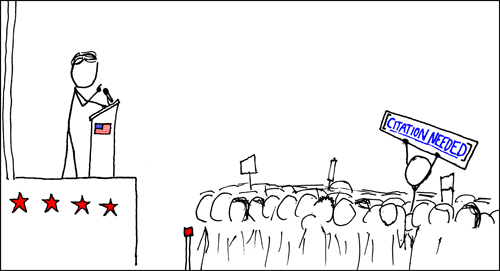I agree with the assertion that clinical psychology's credibility rests on a scientific foundation; however, I think the PsyD=less scientific generalization misses the point. Here are my thoughts on the matter:
1) Any program that holds to the postmodern axiom that "All viewpoints are equally valid" damages the integrity of the profession. Wrt this attitude, I suspect that it is much more common among FS professional schools (I'm making this generalization based mostly on anecdotes, I'm sure there are lots of exceptions, and it's possible that I'm just plain wrong).
On the other hand...
2) Any program that adheres dogmatically to an outdated idea of what scientific psychology ought to look like is also hurting the field, although maybe not to the same degree. My experience has been that this second attitude is rampant among PhD clinical faculty. While I appreciate that they are willing to pay lip service to the scientific method, I have found that there are a couple of topics that reliably infuriate "scientific" clinical psychologists. These subjects are, in order of perceived egregiousness: (a) behavioral genetics, (b) evolutionary psychology, and (c) cognitive/affective science (particularly evidence suggesting that cognition's role in shaping emotion is marginal).
It seems to me that CBT, even in its current new-age incarnations (e.g., ACT), willfully ignores most of the research that has come out of the above fields over the past 3 decades, largely because the evidence lays waste to the developmental theory that has long been favored by academic psychologists (for those of you who have read the book, yes, I am stealing my talking points from Steven Pinker, but my experiences have led me to believe he's on to something).
I am not saying that we are all equally culpable (far too relativistic for my taste), but I do think that those of you who feel that scientific psychology is under attack by new-age "Anything goes" diploma mills would be better served by attending to your own (our own) side of the street. I'm sure there are scientifically inclined PsyD students, and I KNOW for a fact that there are many PhDs who assume that, just because they know how to use SPSS and favor RCTs to voodoo, they are being scientific.


